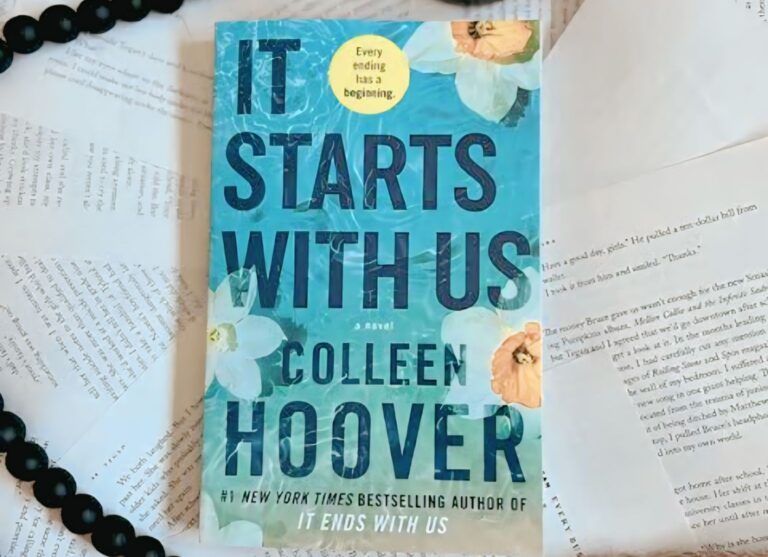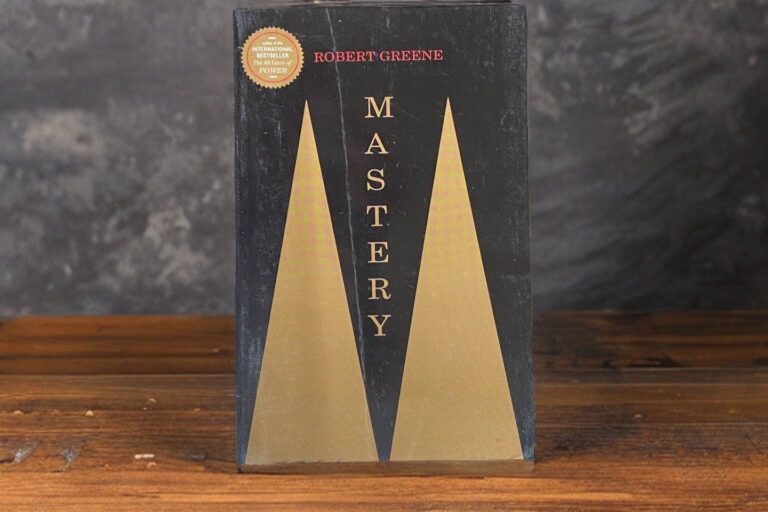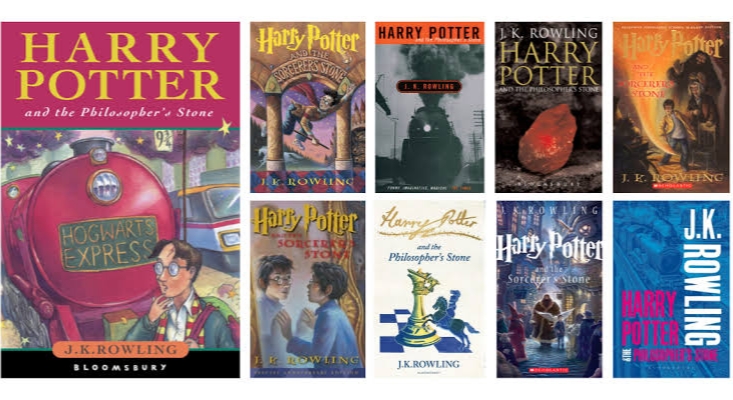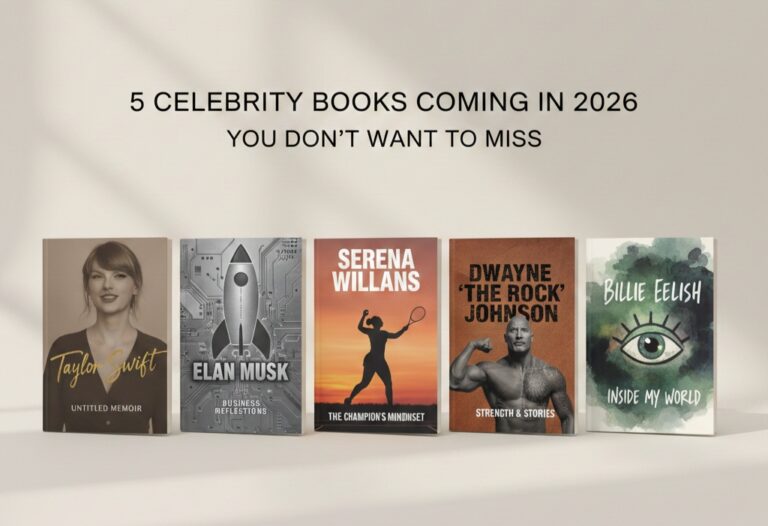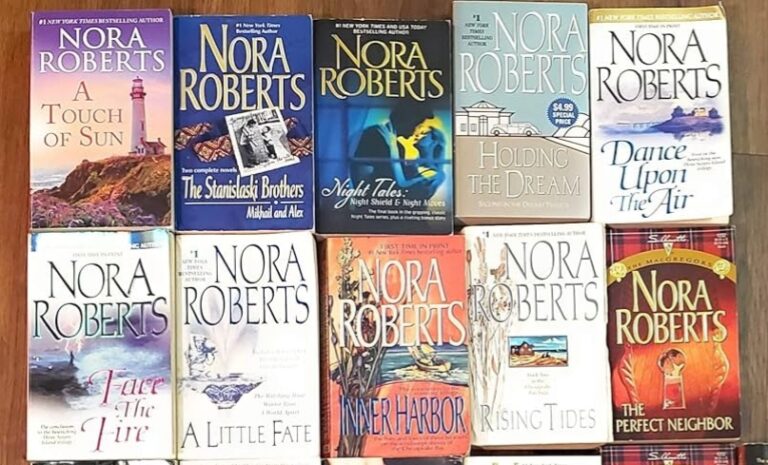Few books in recent years have had the same motivational impact as Can’t Hurt Me: Master Your Mind and Defy the Odds by David Goggins.
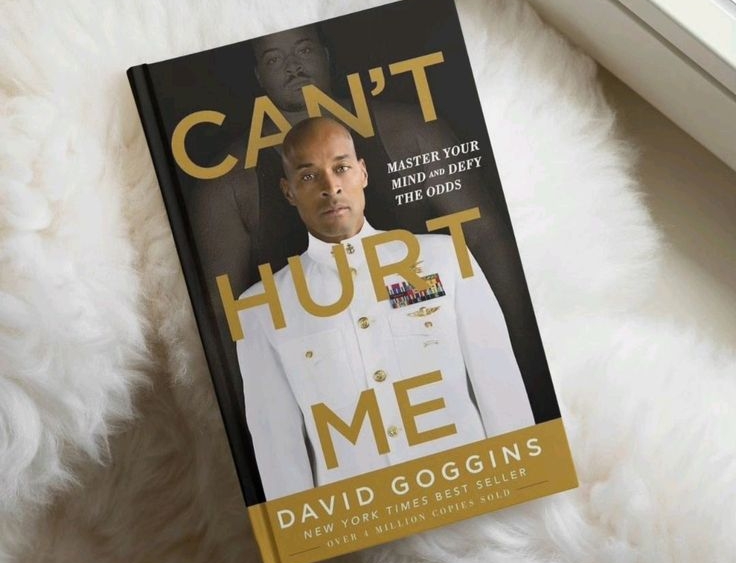
Published in 2018, this memoir has become a modern self-help classic, blending raw storytelling with mental toughness strategies. By 2025, it continues to rank high in reading lists, podcasts, and motivational circles, particularly among people seeking discipline, resilience, and personal growth.
In this article, we’ll provide a comprehensive, SEO-optimized summary of Can’t Hurt Me, backed by expert opinions from psychologists, stats on reading habits, pros and cons for readers, key takeaways, practical examples, and FAQs.
Overview of Can’t Hurt Me by David Goggins
- Title: Can’t Hurt Me: Master Your Mind and Defy the Odds
- Author: David Goggins (with Adam Skolnick)
- Genre: Memoir, Self-help, Motivational
- Published: 2018
- Core Themes: Discipline, overcoming trauma, mental toughness, resilience, accountability
David Goggins, a former Navy SEAL, ultramarathon runner, and motivational speaker, takes readers through his extraordinary life journey—from childhood abuse, obesity, and racism to becoming one of the toughest endurance athletes alive. The book emphasizes “callusing the mind” through hardship and embracing discomfort to achieve greatness.
Key Lessons & Summary of Can’t Hurt Me
1. Childhood Struggles Build Inner Fire
Goggins grew up in a turbulent household marked by poverty and abuse. He emphasizes that pain, when harnessed, can fuel resilience.
Psychologist Insight (2025): Dr. Angela Duckworth, author of Grit, has noted that resilience often emerges from adversity. Goggins’ story aligns with her research: struggle is not the end, but the beginning of transformation.
2. The 40% Rule
According to Goggins, when your mind tells you you’re “done,” you’re really only at 40% of your potential. This principle challenges readers to push far beyond perceived limits.
Practical Example: Runners who believe they’ve hit their wall often discover they can keep going when motivated, proving endurance is more mental than physical.
3. Accountability Mirror
Goggins used sticky notes on his mirror to remind himself of his weaknesses and goals. Brutal self-honesty became his foundation for growth.
Modern Application (2025): Productivity coaches encourage digital accountability tools—apps that track habits and remind users of daily goals, echoing Goggins’ “accountability mirror” in a high-tech form.
4. Callusing the Mind
Just as lifting weights builds calluses on your hands, exposing yourself to discomfort builds resilience. Goggins ran ultra-marathons, trained in freezing conditions, and embraced suffering to strengthen his mindset.
5. Taking Souls
Goggins explains that in competitive or hostile environments, you can gain psychological advantage by outperforming others when they expect you to break.
Workplace Example: Delivering exceptional results under pressure can shift power dynamics in your favor.
6. Embrace the Suck
Instead of avoiding pain, Goggins encourages leaning into it. Discomfort becomes the path to growth.
7. The Cookie Jar
A metaphor for storing past achievements. When challenges feel overwhelming, Goggins draws motivation from past victories to remind himself of his capabilities.
Expert Opinions on Can’t Hurt Me
- Dr. Carol Dweck (Mindset Psychologist): Goggins’ story reflects the “growth mindset” at its extreme—believing abilities can expand through effort.
- James Clear (Author of Atomic Habits): Praises Goggins’ approach as “habit formation through suffering,” which complements Clear’s incremental habit model.
- Clinical Perspective: Some psychologists caution that extreme self-discipline, if taken too far, can lead to burnout or self-neglect.
Why Can’t Hurt Me Still Resonates in 2025
- Rise in Mental Health Awareness: As more readers battle anxiety, depression, or burnout, Goggins’ strategies offer tools for mental resilience.
- Fitness & Endurance Boom: With marathons, CrossFit, and ultra-events gaining popularity, Goggins serves as a cultural icon of toughness.
- Social Media Motivation: Platforms like Instagram and TikTok keep Goggins’ quotes viral, amplifying his reach.
Pros and Cons for Readers
Pros
- Raw, authentic storytelling
- Practical, actionable steps (challenges at end of chapters)
- Powerful motivation for fitness, career, and personal goals
Cons
- Extreme methods may intimidate beginners
- Some strategies are difficult to apply in daily life (ultra-marathons aren’t realistic for most)
- Critics argue the “suffer at all costs” approach overlooks balance and recovery
Quotes from Can’t Hurt Me (Most Popular by 2025)
- “You are in danger of living a life so comfortable and soft, that you will die without ever realizing your true potential.”
- “Most people quit at 40%.”
- “Suffering is the true test of life.”
These lines continue to trend across book blogs, gym walls, and motivational podcasts.
Practical Applications of Goggins’ Lessons
- Students: Use the accountability mirror method for study goals.
- Entrepreneurs: Apply the 40% rule when business challenges feel overwhelming.
- Athletes: Embrace discomfort in training to expand physical and mental capacity.
- Everyday Life: Reframe struggles (financial, emotional, professional) as opportunities to toughen your mindset.
Reading Habits & Popularity Stats (2025)
- According to a 2024 Goodreads report, Can’t Hurt Me remains among the Top 20 most re-read self-help books.
- A Statista survey (2025) shows that 62% of Gen Z readers prefer memoirs with actionable lessons, which aligns with Goggins’ format.
- The audiobook version, co-narrated with Adam Skolnick, continues to rank in Audible’s Top 10 motivational audiobooks.
Key Takeaways
- Your potential is far greater than you believe (40% rule).
- Pain and suffering can be fuel for growth, not obstacles.
- Brutal self-honesty creates lasting change.
- Success is built on discipline, resilience, and daily challenges.
FAQs on Can’t Hurt Me
Q1. Is Can’t Hurt Me worth reading in 2025?
Yes. Despite being published in 2018, its lessons remain timeless for resilience, discipline, and self-mastery.
Q2. What is the difference between Can’t Hurt Me and other self-help books?
Unlike theory-based books, Goggins shares lived experiences—extreme, raw, and authentic—which makes the lessons resonate more deeply.
Q3. Is the advice practical for everyday readers?
Yes and no. While not everyone can run ultra-marathons, concepts like the accountability mirror or cookie jar are easily adaptable.
Q4. How long does it take to read?
On average, about 6–8 hours, but the audiobook adds extra commentary that many readers find even more valuable.
Q5. What books are similar to Can’t Hurt Me?
- Atomic Habits by James Clear
- Grit by Angela Duckworth
- The Comfort Crisis by Michael Easter
Final Thoughts
Can’t Hurt Me is more than a book—it’s a mental toughness blueprint. While some of Goggins’ methods are extreme, his story demonstrates how ordinary people can push beyond comfort zones to achieve the extraordinary. In 2025, as challenges in work, fitness, and mental health continue to rise, Goggins’ philosophy remains both relevant and transformative.
